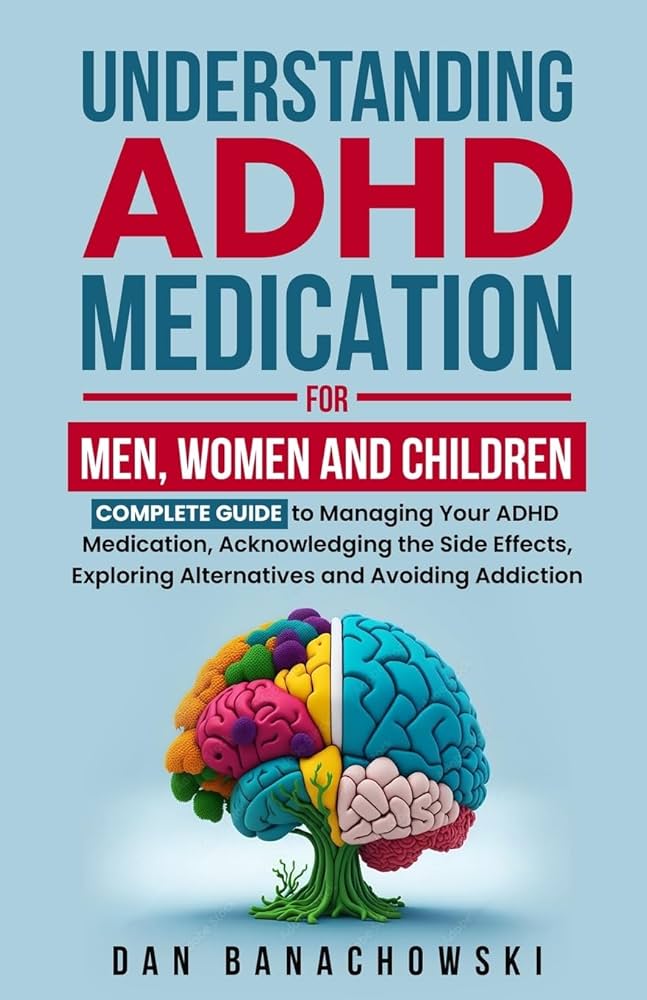Understanding ADHD and ADHD Medications: A Complete Guide

Attention deficit/hyperactivity disorder (ADHD) is a neurological development that affects millions of children and adults around the world. ADHD is characterized by carelessness, hyperactivity and impulsivity, and can affect daily life, work, and relationships. This guide examines which ADHD, its symptoms, causes, medications used to diagnose, treatment, alternative therapies and coping strategies.
What is ADHD?
ADHD is a brain-based disorder that affects executive functioning, such as focus, impulse control, and tissue. As a rule, it is diagnosed in childhood, but often remains until adults.
ADHD Type
Mostly careless – level of difficulty, forgetfulness, confusion.
Mainly hyperactive impulsive type of breathing, impulsive behavior, interruption of others.
Combined types – symptoms of both carelessness and hyperactivity.
Frequent symptoms of ADHD in children:
Sitting
Frequent fantasies
Daily activities
Impulsive decisions (e.g. bad time management
The exact cause is unknown, but the exam suggests:
Genetics – ADHD is often performed in families.
Brain structure and function – difference in dopamine and noradrenaline activity.
Environmental factors – premature babies, lead exposure or prenatal substance consumption.
ADHD drugs:
types and their behavior
1. Stimulants (most common treatments)
Cases:
Methylphenidate (ritalin, concerto), amphetamine (Adderall, Vyvanse).
How They Work:
Boost dopamine and noradrenaline to improve focus.
Effectiveness:
Reactions in people with 70-80% ADHD.
Side effects:
Reduced appetite, reduced insomnia, increased heart rate.
2. Non-stimulant (alternative options)
Examples:
Atomoxetine (Struttera), Guanfacin (Intuniv).
How they work:
Target noradrenaline for constant symptom control.
Optimal:
Those who do not tolerate or fear stimulants.
3. Antidepressants (sarcasm-off application)
Examples:
Bupropion (wellbutrin).
Use:
stimulants are not appropriate (for example, in people with depression).
Drug-free Management ADHD
Behavioral Therapy – CBT helps in developing coping strategies.
Lifestyle Changes – Training, structured routines, sleep hygiene.
Diets and Nutritional Supplements – Omega 3, protein-rich diet, limited sugar.
Mindfulness and Organizational Tools – Planners, Memories, Focus Techniques.
If you are looking for help, contact your doctor if you have ADHD symptoms:
Interference in school, work, or relationships.
leads to frustration or low self-respect.
causes dangerous behavior (impulsive decisions).
Early diagnosis and treatment improve long-term outcomes.
Final Thoughts
ADHD is a lifelong illness, but drugs, treatment and lifestyle adjustments can greatly improve the quality of life. If ADHD is suspected, evaluate an expert.
Questions about ADHD treatment? Please listen in the comments!
